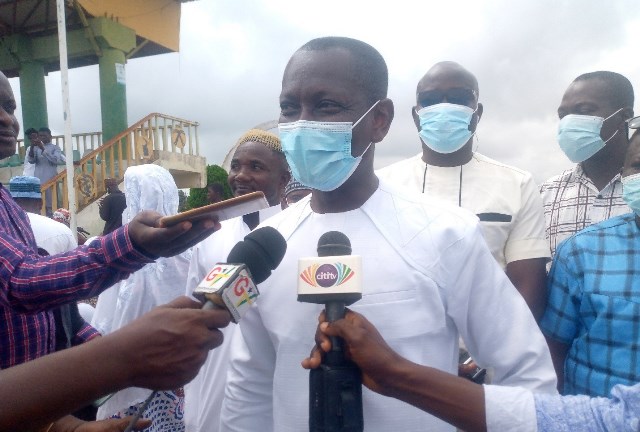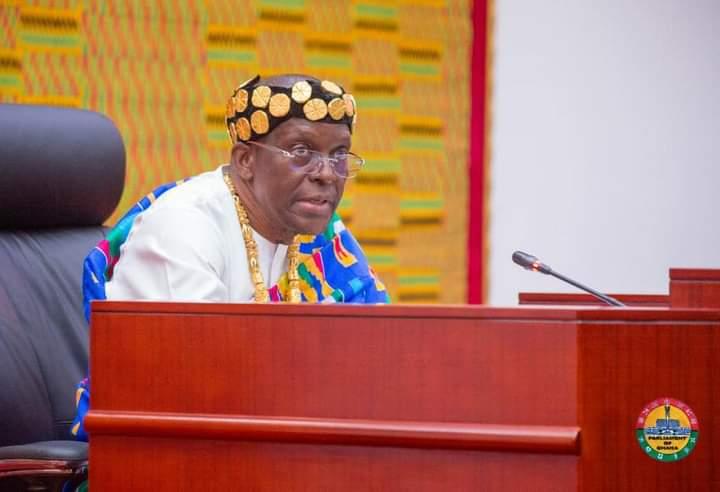
Introduction
The recent arbitration between ENI/VITOL and the Government of Ghana (GOG) along with the Ghana National Petroleum Corporation (GNPC) has highlighted significant issues within the management and regulatory practices of Ghana’s petroleum sector. The Attorney General’s press release following the tribunal’s decision framed the outcome as a victory for Ghana. However, a detailed examination of the tribunal’s findings reveals notable breaches and procedural shortcomings by the Ministry of Energy (MoE). This write-up seeks to expose the discrepancies and partial truths in the Attorney General’s press release, criticise the Ministry of Energy’s conduct, and offer recommendations for future improvement.
Discrepancies in the Attorney General’s Press Release
1. Assertion of Victory
The press release positions the arbitration outcome as a “major victory” for Ghana. While the tribunal did deny the claimants’ requests for monetary damages and other forms of compensation, it also found significant breaches by Ghana concerning the Petroleum Agreement, specifically regarding the unitisation directives.
2. Legal Breaches
The tribunal found that the unitisation directives issued by the MoE breached the Petroleum Agreement by not adhering to the required procedural and substantive criteria. This crucial detail is understated in the press release, which focuses more on the dismissal of the claimants’ monetary claims.
3. Partial Truths
The press release claims that Ghana’s right to unitise oil fields was affirmed. While this is accurate, it omits that the tribunal’s affirmation was contingent upon following proper legal and regulatory procedures, which the MoE failed to do in this instance.
4. Financial Implications
The release downplays the tribunal’s criticism of the MoE’s methodologies and procedural fairness. The tribunal highlighted flaws and biases in the determination of initial tract participation and the lack of transparency, which are critical issues for future compliance and governance.
Criticisms of the Ministry of Energy’s Conduct
1. Lack of Transparency and Procedural Fairness
The MoE failed to ensure procedural fairness and transparency in its decision-making process by not sharing all relevant data and information with involved parties. This lack of transparency undermines trust and adherence to international best practices.
2. Unclear Criteria and Evidence
The MoE issued directives without basing them on clear, substantive criteria and did not adequately establish the existence of a single petroleum accumulation straddling contract areas before proceeding with unitisation directives. This oversight suggests a disregard for established legal and procedural standards.
3. Improper Appraisal Processes
The MoE did not ensure that necessary appraisals were conducted and validated before proceeding with unitisation, neglecting proper procedural requirements. This failure compromises the integrity of the unitisation process and can lead to erroneous decisions.
4. Insufficient Stakeholder Engagement
The MoE did not provide adequate opportunities for meaningful engagement and response from all stakeholders involved, leading to perceptions of bias and favoritism. Inclusive stakeholder engagement is crucial for balanced and fair decision-making.
5. Non-Compliance with Legal and Contractual Frameworks
The MoE’s actions did not consistently align with Ghanaian law and the specific terms of existing agreements, potentially contravening stabilisation clauses and other contractual provisions. Ensuring compliance with legal frameworks is essential for maintaining contractual integrity and investor confidence.
6. Neglect of International Best Practices
The MoE did not sufficiently consider and integrate international best practices into its decision-making process, failing to ensure its actions aligned with global standards for fairness, efficiency, and transparency in petroleum operations.
Recommendations for Future Conduct
1. Enhanced Transparency
The MoE should adopt a policy of full transparency in its decision-making processes, ensuring that all relevant data and information are shared with stakeholders to build trust and credibility.
2. Clear Criteria and Procedures
Establish and adhere to clear, substantive criteria for unitisation and other regulatory actions. This includes thorough appraisal processes and validation of critical data before making decisions.
3. Stakeholder Engagement
Develop a robust framework for stakeholder engagement, ensuring that all affected parties have the opportunity to provide input and feedback. This will help mitigate perceptions of bias and improve the quality of decisions.
4. Compliance with Legal Frameworks
Strictly adhere to Ghanaian law and the terms of existing agreements. Regular audits and reviews should be conducted to ensure compliance and address any discrepancies promptly.
5. Adoption of Best Practices
Integrate international best practices into the regulatory framework to ensure that Ghana’s petroleum operations meet global standards for fairness, efficiency, and transparency. Continuous learning and adaptation from global trends and standards will benefit the sector.
6. Independent Oversight
Consider establishing an independent oversight body to review and monitor the MoE’s decisions and actions. This body can provide an additional layer of accountability and ensure that procedures are followed correctly.
Conclusion
While the arbitration tribunal’s decision may have been portrayed as a victory, the underlying issues highlighted by the tribunal suggest significant areas for improvement in the MoE’s processes and governance. By adopting these recommendations, Ghana can enhance its regulatory framework, ensure fair and transparent decision-making, and maintain investor confidence in its petroleum sector.
Edward Abambire Bawa (MP and Member, Mines and Energy Committee)
Email: [email protected]
Tel: 233540730845
Explore the world of impactful news with CitiNewsroom on WhatsApp!
Click on the link to join the Citi Newsroom channel for curated, meaningful stories tailored just for YOU: https://whatsapp.com/channel/0029VaCYzPRAYlUPudDDe53x
No spams, just the stories that truly matter! #StayInformed #CitiNewsroom #CNRDigital
The post ENI/VITOL arbitration: Analysis of Attorney General’s press release and recommendations for future conduct appeared first on Citinewsroom - Comprehensive News in Ghana.
Read Full Story











Facebook
Twitter
Pinterest
Instagram
Google+
YouTube
LinkedIn
RSS